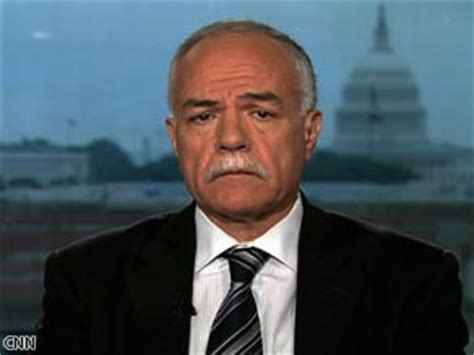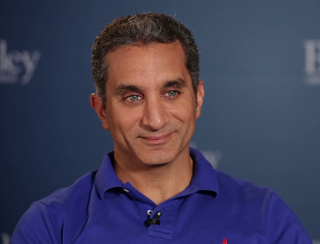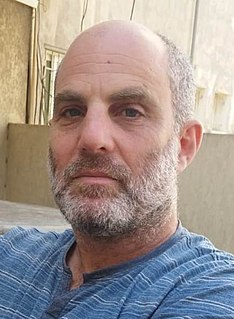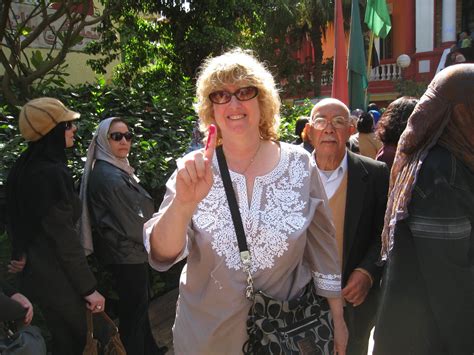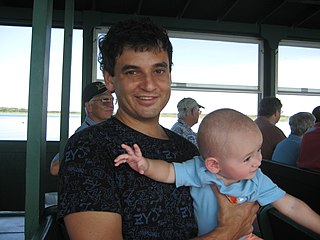A Quote by Noam Chomsky
In Egypt the neoliberal programs have meant statistical growth, like right before the Arab Spring, Egypt was a kind of poster child for the World Bank and the IMF [International Monetary Fund:] the marvelous economic management and great reform. The only problem was for most of the population it was a kind of like a blow in the solar plexus: wages going down, benefits being eliminated, subsidized food gone and meanwhile, high concentration of wealth and a huge amount of corruption.
Quote Topics
Amount
Arab
Arab Spring
Bank
Before
Being
Benefits
Blow
Child
Concentration
Concentration Of Wealth
Corruption
Down
Economic
Egypt
Eliminated
Food
Fund
Going
Gone
Great
Growth
High
Huge
Huge Amount
IMF
International
Kind
Like
Management
Marvelous
Meant
Meanwhile
Monetary
Most
Only
Population
Poster
Problem
Programs
Reform
Right
Solar
Spring
Statistical
Wages
Wealth
World
World Bank
Related Quotes
The good thing about Egypt is, between the two World Wars, Egypt was - had a liberal society. It has a political life. It has parties. It was not - it was dysfunctional in many ways, but it was not a very repressive regime. Egypt, at one time, was the bellwether of the Arab world, was the trendsetter, created great culture, movies, cinema, you name it.
The World Trade Organization, The World Bank, The International Monetary Fund and other financial institutions virtually write economic policy and parliamentary legislation. With a deadly combination of arrogance and ruthlessness, they take their sledgehammers to fragile, interdependent, historically complex societies and devastate them, all under the fluttering banner of 'reform'.
All is made clear,regarding Abraham and Sarah's traversal into Egypt, when we realize what biblicists meant by the term "Egypt." As Ralph Ellis so brilliantly points out, the name Egypt was employed by the composers of the Old Testament to denote Thebes in Lower Egypt. This was the city and region controlled by the adversaries of the Hyksos. It was considered a separate region, with different rulers, gods, customs, and politics. So, it was not the country of Egypt that Abraham visited, but Thebes within Egypt.
Egypt's priorities in fact are all related to the environment: food, water, health, energy, employment and education. Egypt is facing some very serious environmental challenges. The country has limited natural resources and has to decide how to manage these to meet the needs of a growing population.
At the peak of the so-called great success of neoliberal economics, in 2007, right before the crash, non-supervisory workers were at wages considerably lower than in 1979, when the neoliberal assault was taking off. That perfectly naturally causes resentment and fear, and combines with a tendency to blame the most vulnerable.
Nicaragua is a World Bank and International Monetary Fund designated "heavily indebted poor country," with little legal ability to control its economic future: Everything is for sale. And once Nicaraguans decide to cash in and sell their houses or farms, they have to look far inland for anything affordable.


